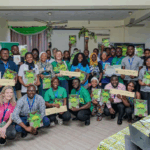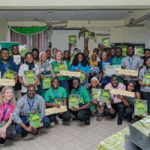
Ten leading climate education NGOs have come together for a Climate Education Summit at Radach Hotel in Tamale with the purpose of strengthening relationships, sharing practice, and exploring pathways for working in a stronger partnership.
This is part of a wider Climate Education Community of Practice (CECOP) — an initiative designed to strengthen complementary climate education (CCE) across schools and communities in Ghana, bringing 10 leading climate education NGOs in Ghana together on a collaborative learning journey.
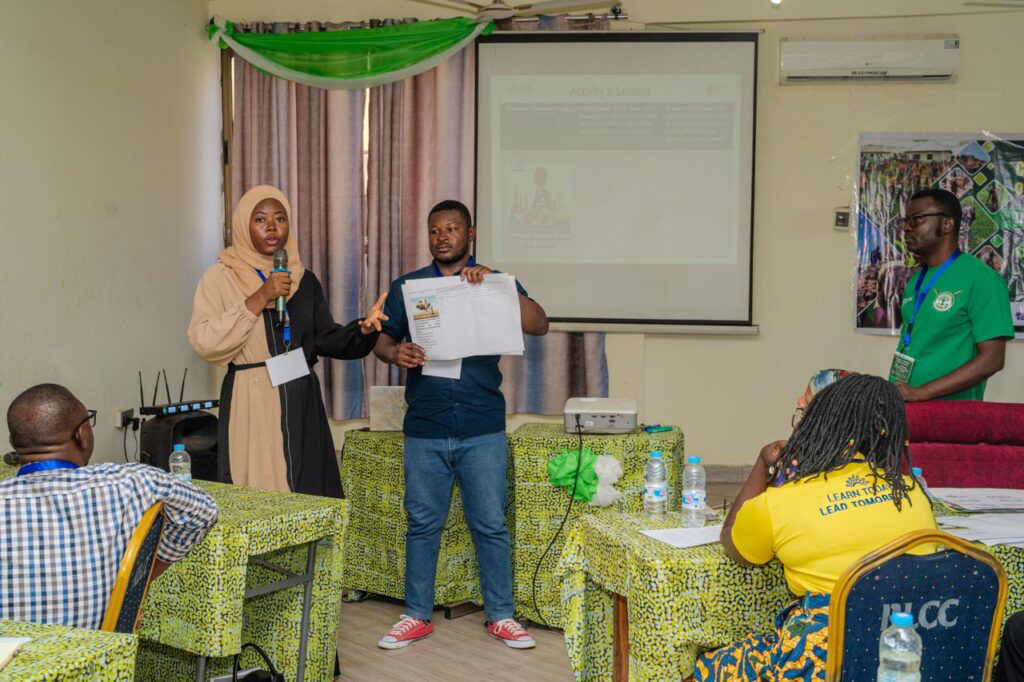
Facilitated by EduSpots with funding from the Gower Street Trust, the CECOP has created a peer learning space to share strategies, consider innovative approaches and influence national climate education practice.
The collaborative and interactive Summit has included an innovative presentation on localised tree pedagogy with Dr Adom Dickson, convener of the Rights of Nature Ghana Movement, exploring how localised tree species can be nurtured and protected through creative use of local proverbs, symbolism and music in educational activities.
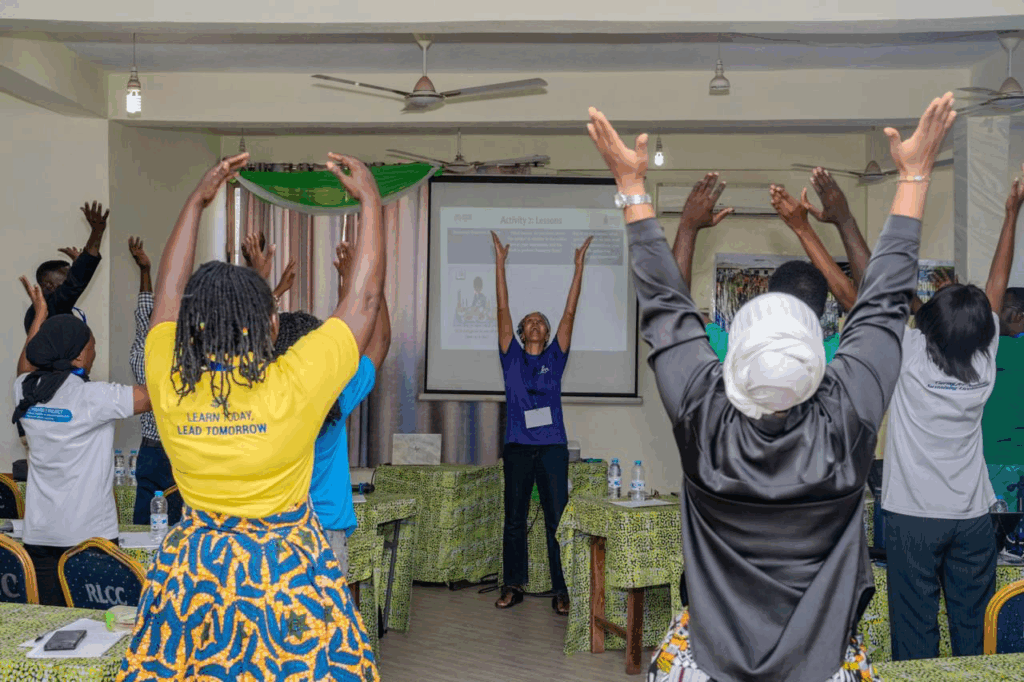
Participants also joined a celebratory launch of the ‘Let’s Explore Ghana Wildlife’ book, exploring endangered species with Faith Barcroft, Catherine Barr and Augustine Oti Yeboah, with over 2000 copies given out to Summit participants. Together, the group explored how this resource can be effectively used as a learning tool for the preservation of Ghana’s wildlife.
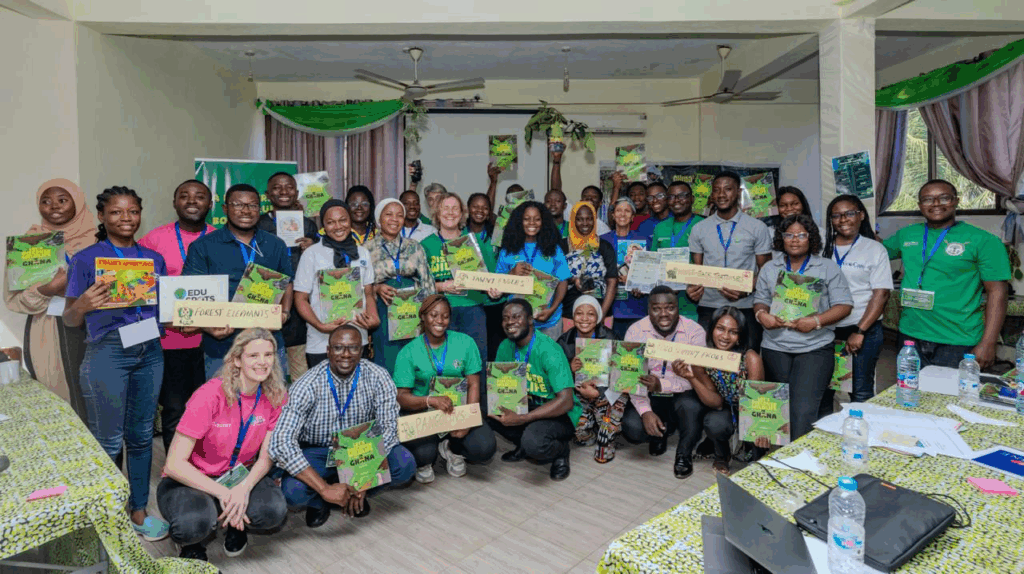
The event includes a number of activities designed to build relationships, promote partnerships, and increase fundraising capacity, with the event culminating in a climate education fundraising workshop, facilitated by Mr Kyei Yamoah.
The participating organisations include AfriKids, RoNAG, Climate Smart Training Programme, EduSpots, Orgiis, Rights & Advocacy Initiatives Network – Ghana, RAINS Ghana, SUNG Foundation, Strategic Youth Network for Development (SYND), and EcoCare Ghana.
Together, we have explored how to make climate education more student-centred, practical and locally relevant, equipping young people to become active leaders in climate action rather than passive learners.
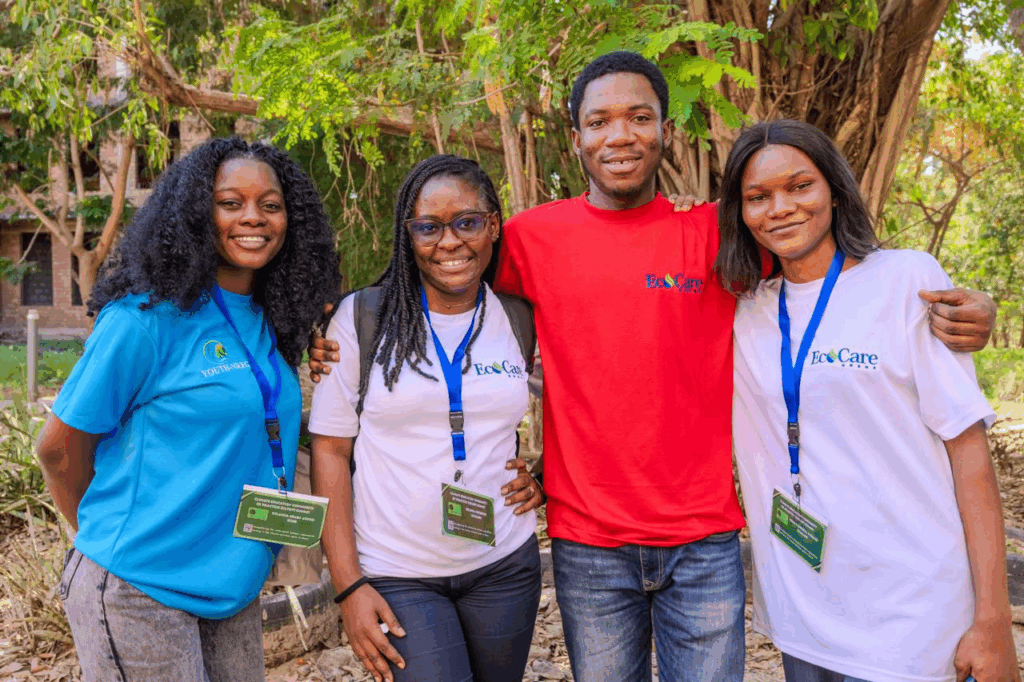
Sarah Abotsi Masters, EduSpots’ STEM and Environmental Education Specialist, commented: “It’s been amazing to bring together so many NGOs from across Ghana, and see how their creative ideas translate into practical and purposeful projects in diverse educational contexts, ranging from school gardens and climate-smart agriculture to climate ambassador clubs.”
Calling for a stronger focus on the localisation of climate education, Dr Adom Dickson, stated that “Indigenous knowledge is time-tested, and we are calling for a synergy, so using it alongside Western botanical science.”
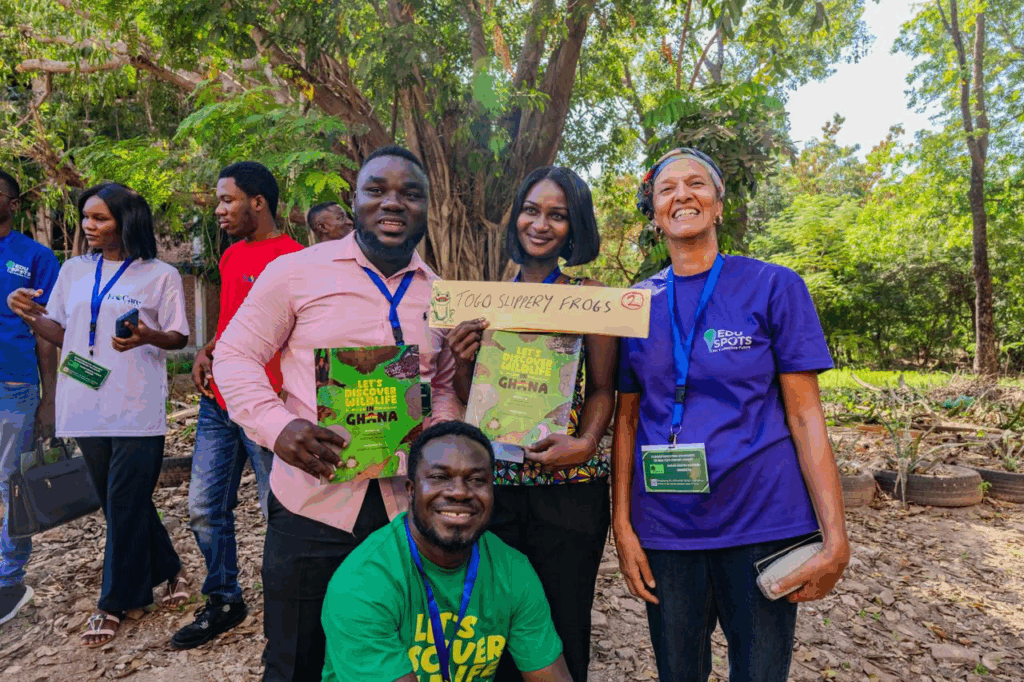
Wider context of CECOP
The CECOP forms part of Gower Street’s wider Complementary Climate Education Programme (CCEP), which seeks to fill critical gaps in climate education. While Ghana has integrated climate change into its national curriculum, many schools lack the practical tools, teacher training and community partnerships needed to translate policy into meaningful student-led action. Globally, the CCE approach responds to a growing recognition that education systems often prepare children for exams, not for climate resilience or leadership in solving environmental challenges.
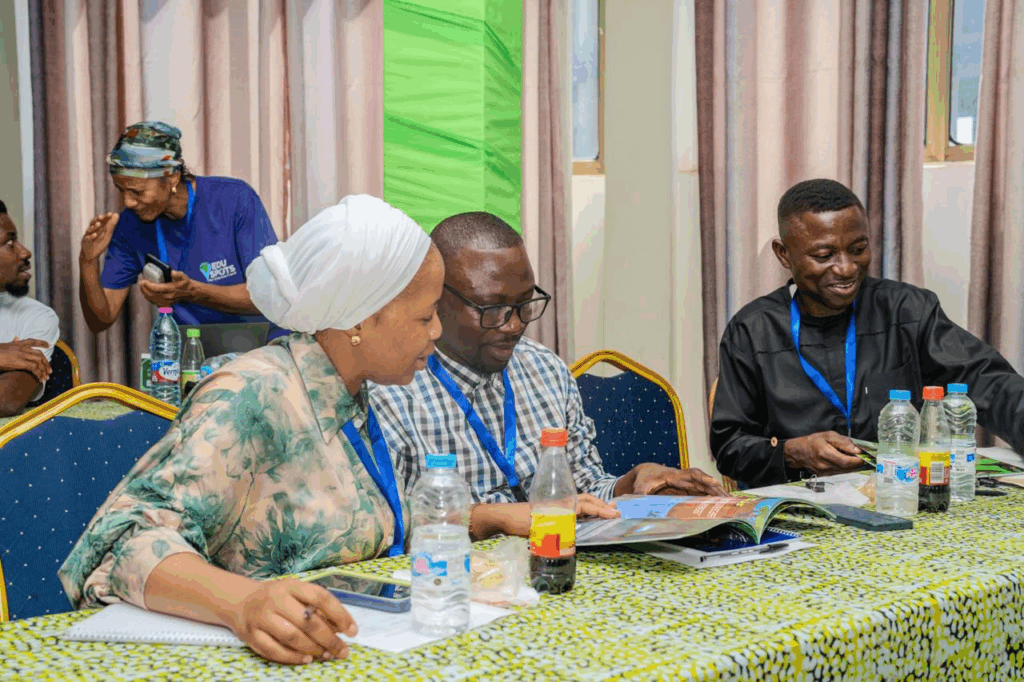
Looking Ahead
The CECOP will document shared learning, best practices and innovative ideas from all participating organisations. These will feed into a final Legacy Report that will offer practical recommendations, seek to influence policy and inspire wider adoption of effective complementary climate education strategies in Ghana and beyond.
For further information on CECOP, please contact Sarah Abotsi-Masters at [email protected] (EduSpots) or Sally Vivyan at [email protected] (Gower Street Trust).
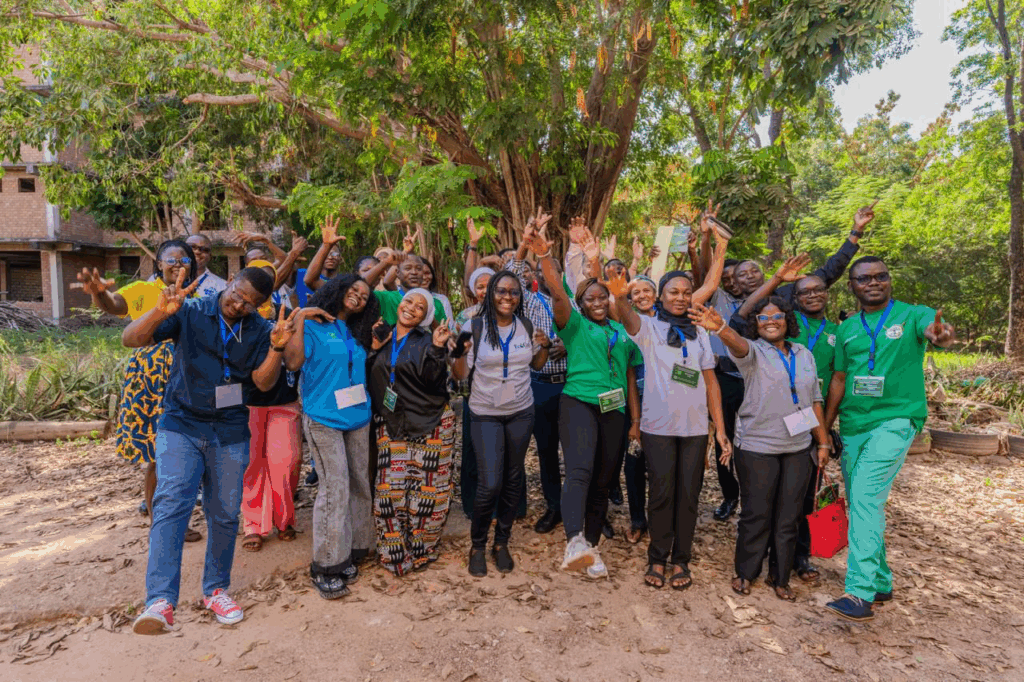
- President Commissions 36.5 Million Dollars Hospital In The Tain District
- You Will Not Go Free For Killing An Hard Working MP – Akufo-Addo To MP’s Killer
- I Will Lead You To Victory – Ato Forson Assures NDC Supporters
Visit Our Social Media for More

